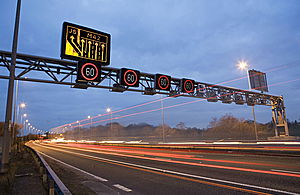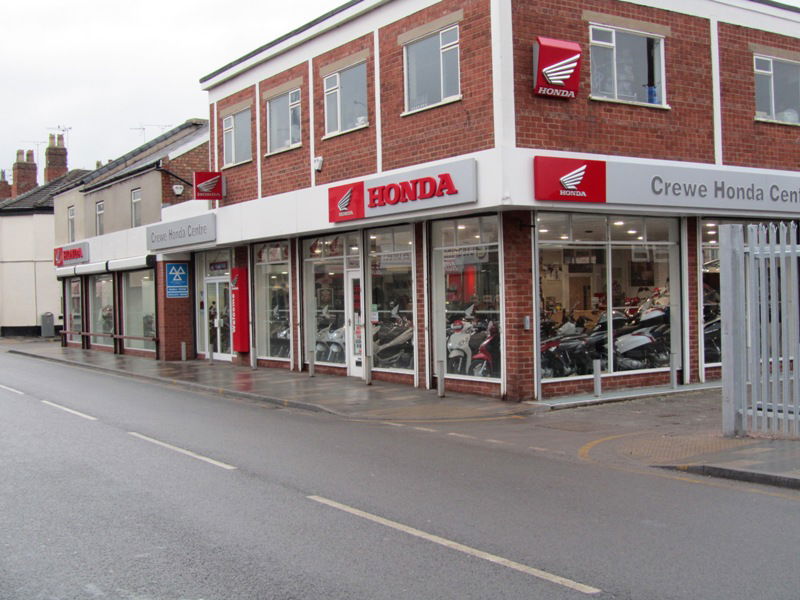Smart motorways come in for more criticism from top Police chief
The UK’s network of so-called smart motorways is coming under fire again from a coroner and now the police

A police and crime commissioner (PCC) has poured scorn on the UK’s network of smart motorways, claiming the roads are dangerous and need abandoning.
The news comes after coroner David Urpeth asked the government to review the new type of motorways after a series of deaths and near misses.
Dr Alan Billings, South Yorkshire PCC, has penned an open letter to the Secretary of State for Transport, Grant Schapps, claiming that the roads at “inherently unsafe and dangerous and should be abandoned”.
Dr Billings letter was sent on the back of a coroner's report by Mr Urpeth found that smart motorways without a permanent hard shoulder mean an “ongoing risk of future deaths”. This follows the deaths of two men, killed on a smart motorway when their vehicles were struck by a lorry.
The deaths have been blamed on the new type of roads after the coroner claimed that had a conventional hard shoulder been in place, the two men would have had a greater chance of escaping death or injury.
Speaking to the BBC Dr Billings said:
"The Department for Transport and Highways England have argued all along that these sorts of motorways are actually safe, they even go as far as to say they are safer than ordinary motorways, now I think that whatever formula they are using to come to that conclusion is wrong.
"The coroner in his verdict has made it pretty clear that these two particular lives in South Yorkshire would not have come to such a sad end if there had been a hard shoulder there, so I think this is new evidence they have to take into account."
"If they thought this type of motorway was even smarter, or safer, than a conventional motorway, then why not convert the entire system to smart motorways, making it safer? As soon as you say it, I think you realise it's absurd.
"I think they (smart motorways) were done originally not because it was a safer way of doing a motorway, I think it was done in order to expand the capacity, get the traffic flowing by having an extra lane, but to do it cheaply, and I think we're trading cost - cheapness - for other people's lives."

In response to Dr Billings' open letter, the Department for Transport responded with:
"The stocktake [of smart motorways] showed that in most ways smart motorways are as safe as, or safer than, the conventional ones.
"The Transport Secretary has tasked Highways England with delivering an 18-point action plan to ensure they are safer still, and he has called an urgent meeting with the company to discuss their progress."


